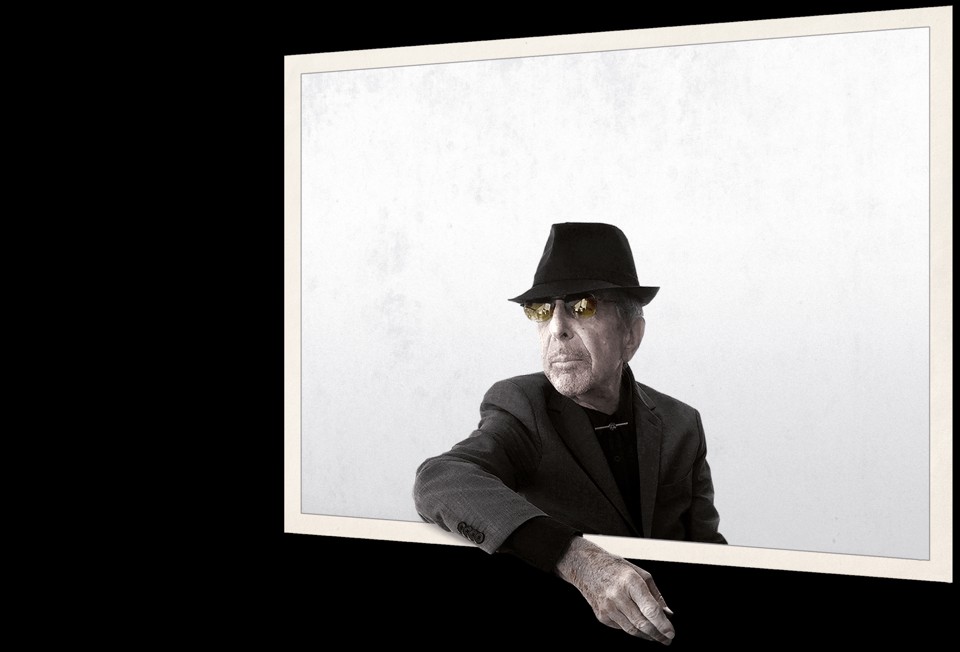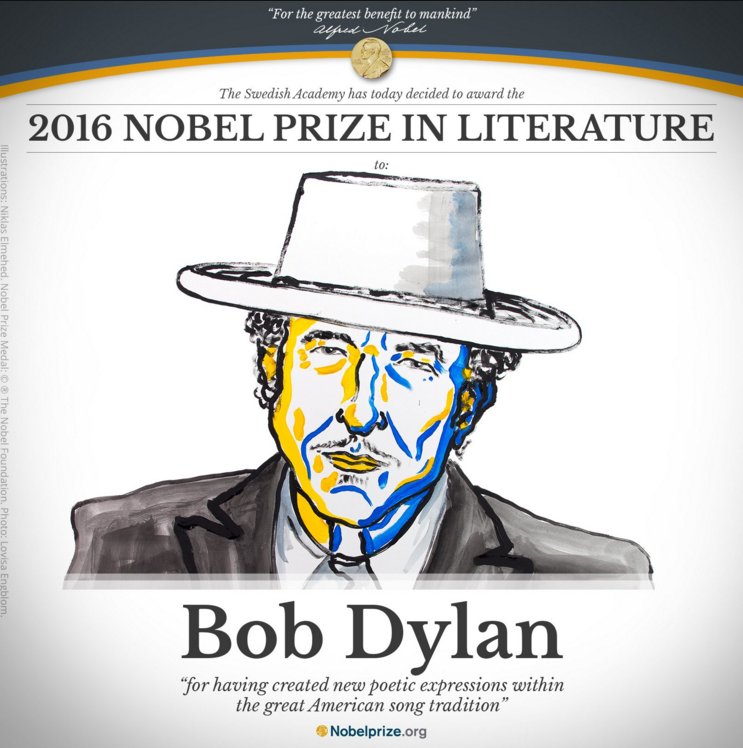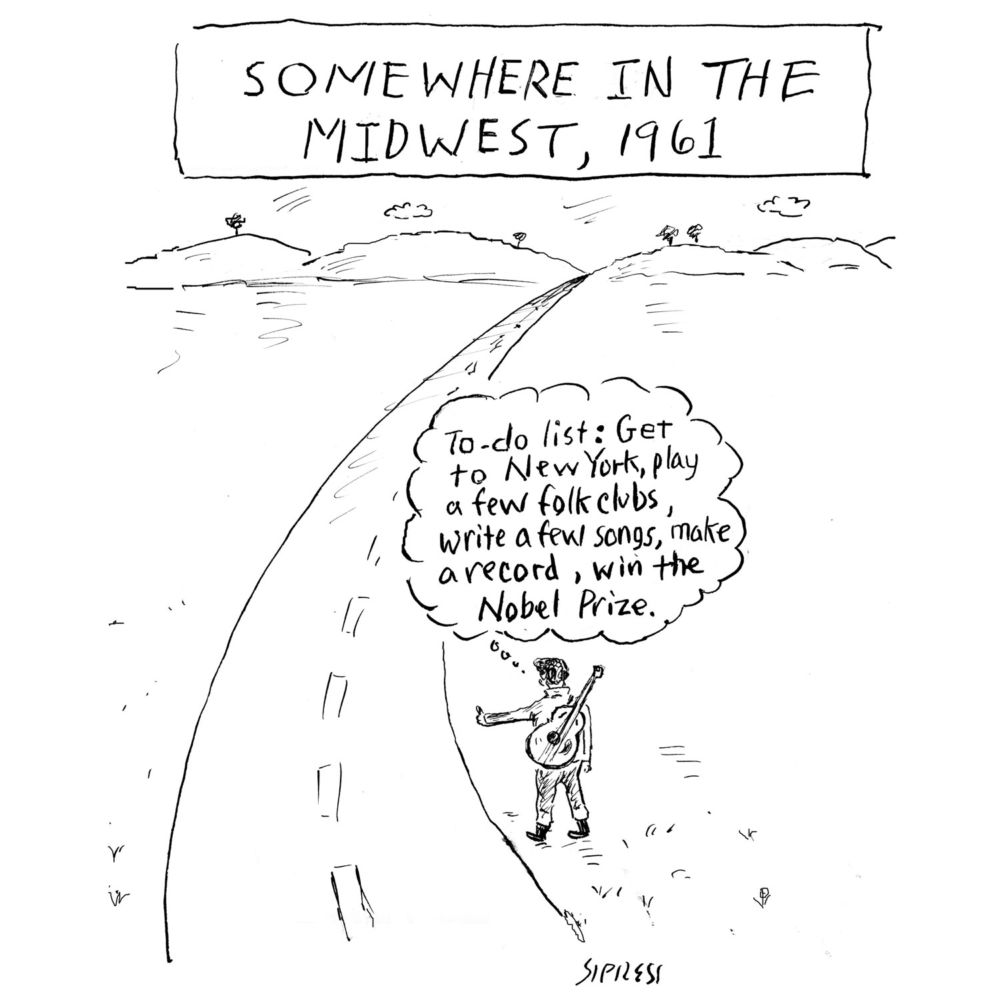We have a membership for the Art Gallery of Ontario, as do both of our daughters, who live in Toronto. Ruth was there last weekend with Jocelyn and Emily, but a new exhibit wasn't open yet, one I am looking forward to seeing.
It features exquisitely small carvings, including rosaries:
Marvels of human ingenuity, so small they can fit in the palm of your hand, miniature boxwood carvings from the early 1500s have long remained a mystery.The AGO is pleased to debut Small Wonders: Gothic Boxwood Miniatures, a groundbreaking exhibition of more than 60 boxwood miniatures organized in partnership withThe Metropolitan Museum of Art and the Rijksmuseum. Offering new insight into the methods of production and cultural significance of these awe-inspiring works of art, this exhibition highlights more than four years of research that has used cutting-edge technology to understand these elegantly precise miniature rosaries, prayer beads and altarpieces.

Rosaries are strings of prayer beads, used as a prayer aid. While traditionally they have been associated with Roman Catholicism, they are found in Judaism, Islam, Buddhism. In our ecumenical age they have been used more by those from other "brands" of Christianity. And there is a more free-style approach to prayer beads these days, creating beads which are representational of cherished family members and other relationships. Ruth made a string of prayer beads when our kids were teens, and had it on her night table to pray in the dark if she was inclined to be anxious about their whereabouts and wellbeing.
Do you know much about prayer beads or rosaries? Are you intrigued? Will we make a trip to the AGO for the exhibit?









